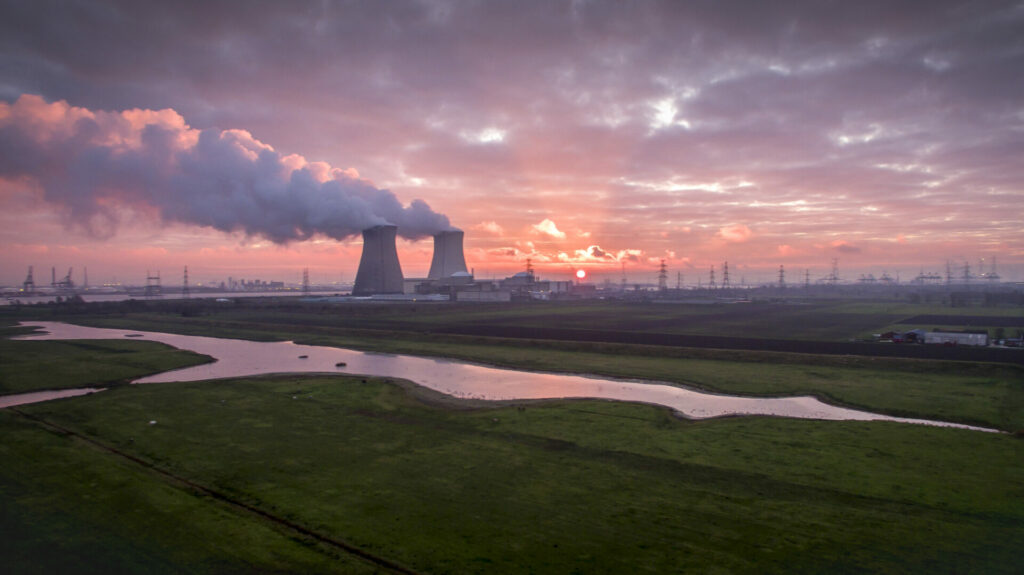As stipulated in Monday's agreement, the Federal Government will receive 50% of the profits generated by extending the lifespan of Belgium's youngest nuclear reactors by another ten years. ULB professor Charles Cuvelliez told the RTBF that this will allow the country to "regain energy sovereignty."
On Monday, the Federal Government announced that it had finally come to an agreement with energy supplier Engie over extending the lifespan of their two most recent nuclear reactors. If everything goes to plan, the Doel 4 and Tihange 3 reactors should be restarted on 1 November 2026 after preparatory works. They will then run for another ten years.
However, there are still questions over what exactly this will mean for Belgian households and whether the decision will be a long-term benefit to the Belgian State. On the former issue, Alexander De Croo already vaunted the advantages of nuclear power, which he stated will afford Belgium the "luxury" of not having to organise planned black-outs – something that France has already warned of earlier this year.
Win-win?
If this weren't already benefit enough, the agreement with Engie will see the energy giant share with the state in the profits and any operational costs that might be incurred. However, it is unlikely that the business will be anything but profitable given the huge profits that have already been reaped by Engie for running the country's nuclear capacity.
Moreover, the deal allows the State to impose certain limits on the prices at which electricity produced can be sold, protecting customers and reducing the possible need for the state to step in with costly financial aid when households struggle with excessive bills.
Despite early criticism from opposition politicians, it is difficult to see how Belgium having a greater stake in its energy provision could be disadvantageous. With what will probably be the largest fiscal deficit of any Member State (owing largely to the reduced VAT by which the Federal Government has helped out ailing businesses and households in peril), Belgium is greatly in need of a tighter grip on national costs.
Related News
- 'Factually incorrect': De Croo calls out N-VA criticism of Belgian nuclear deal
- Agreement reached? Belgium's Government to meet at 15:30 over Engie nuclear deal
- 'Works can start tomorrow': Belgium and Engie reach deal to extend nuclear power plants
As a result, Charles Cuvelliez – a professor at the Polytechnic School of ULB – asserted that "the state is regaining its energy sovereignty" by taking a strategic and economic role in the country's energy supply whilst allowing Engie to handle the actual operation of the reactors – an area that the company is of course specialised in.
For Cuvelliez, this will allow the state to intervene on citizens' electricity bills as "it will now directly receive a part of the profits generated by the operator," which will make it "easier to influence prices." Nonetheless, energy bills remain linked to gas prices, meaning that Belgium gaining control of the reactors won't automatically allow it to slash prices.
Herein lies the issue with the debate around nuclear energy, with Cuvelliez highlighting the uncertainty as to whether people want short or long-term solutions to their energy issues. For example, on the question of whether new nuclear reactors should be built, Belgium is currently faced with a short-term issue (the ongoing energy crisis), yet "building plants is a long-term solution." The same can be said of modular reactors "which are often talked about but not yet ready to be rolled out."

